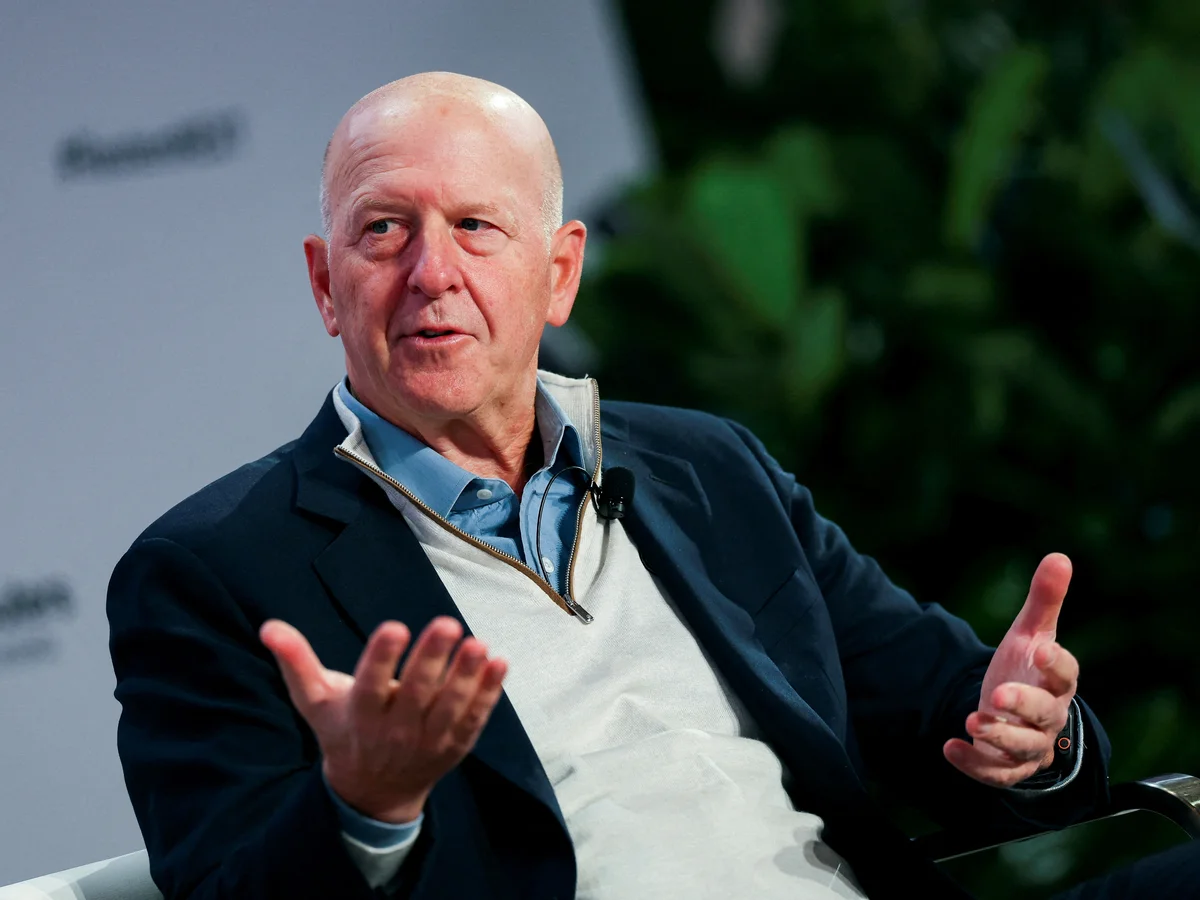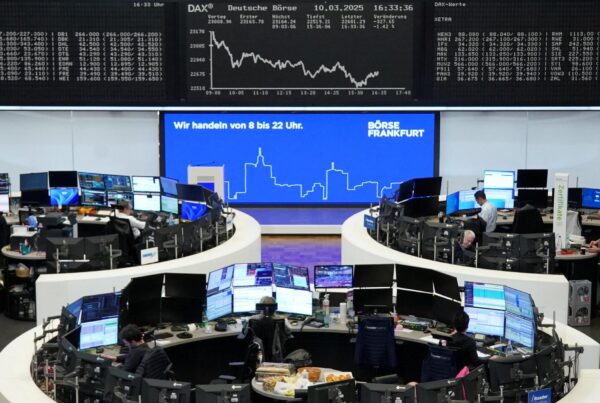Goldman Sachs has issued a stark warning that U.S. trade tariffs could slow global economic growth and push the Federal Reserve to cut interest rates more aggressively. The analysis comes amid a heated public debate over who is actually bearing the cost of tariffs— with Goldman asserting that U.S. consumers are already feeling the direct impact.
Consumers Begin to Shoulder the Burden
In its latest report, Goldman Sachs Chief Economist Jan Hatzius stated that American consumers have shouldered around 22% of tariff costs as of June 2025. If the trend continues, this figure could surge to 67%. Rising import prices due to tariffs are shifting the burden from importers to end buyers, reducing purchasing power and potentially dampening domestic consumption.
This data is reinforced by recent trade patterns showing a decline in import volumes for several strategic goods. The situation has sparked concern that the effects of tariffs will not only be felt in the U.S. but also in major trading partners such as Europe and Asia.
Direct Impact on Global Growth
Goldman Sachs believes that broad-based tariff hikes could hit global growth hard. Disruptions in cross-border trade will slow supply chains, reduce investment, and strain industrial sectors across multiple countries. In certain scenarios, U.S. growth this year could fall to around 0.5%, far below earlier projections.
The inflationary effect of tariffs is seen as temporary. While import prices rise, that pressure is expected to fade after several months, whereas the drag on growth is likely to last much longer.
A Signal for the Fed
For Goldman Sachs, this situation is a strong reason for the Fed to move toward faster and deeper monetary easing. The bank projects that the Fed could cut interest rates three times in 2025 and twice in 2026, lowering the benchmark rate to between 3.00% and 3.25% from its current 4.25%–4.50%.
The logic behind this outlook is straightforward: if the slowdown in growth outweighs the temporary spike in inflation, safeguarding economic stability should take priority, even if it means cutting rates sooner than planned.
Public Debate Background
Goldman Sachs’ warning comes in the midst of political attention, after U.S. President Donald Trump criticized Goldman Sachs CEO David Solomon over the report. Trump argued that tariffs benefit the U.S. economy and burden other countries, not domestic consumers. This divergence in views underscores the gap between data-driven market analysis and the political narrative presented by the administration.
This debate is about more than numbers—it concerns the direction of U.S. trade and monetary policy amid global uncertainty. For market players, Goldman’s perspective serves as a critical reference point in mapping future economic risks.
From a purely economic standpoint, Goldman Sachs’ message is clear: overly high tariffs are a double-edged sword. They may yield short-term political wins, but they risk undermining economic strength in the long run. If this signal is ignored, the consequences will not only affect the U.S. but also the balance of the global economy.






